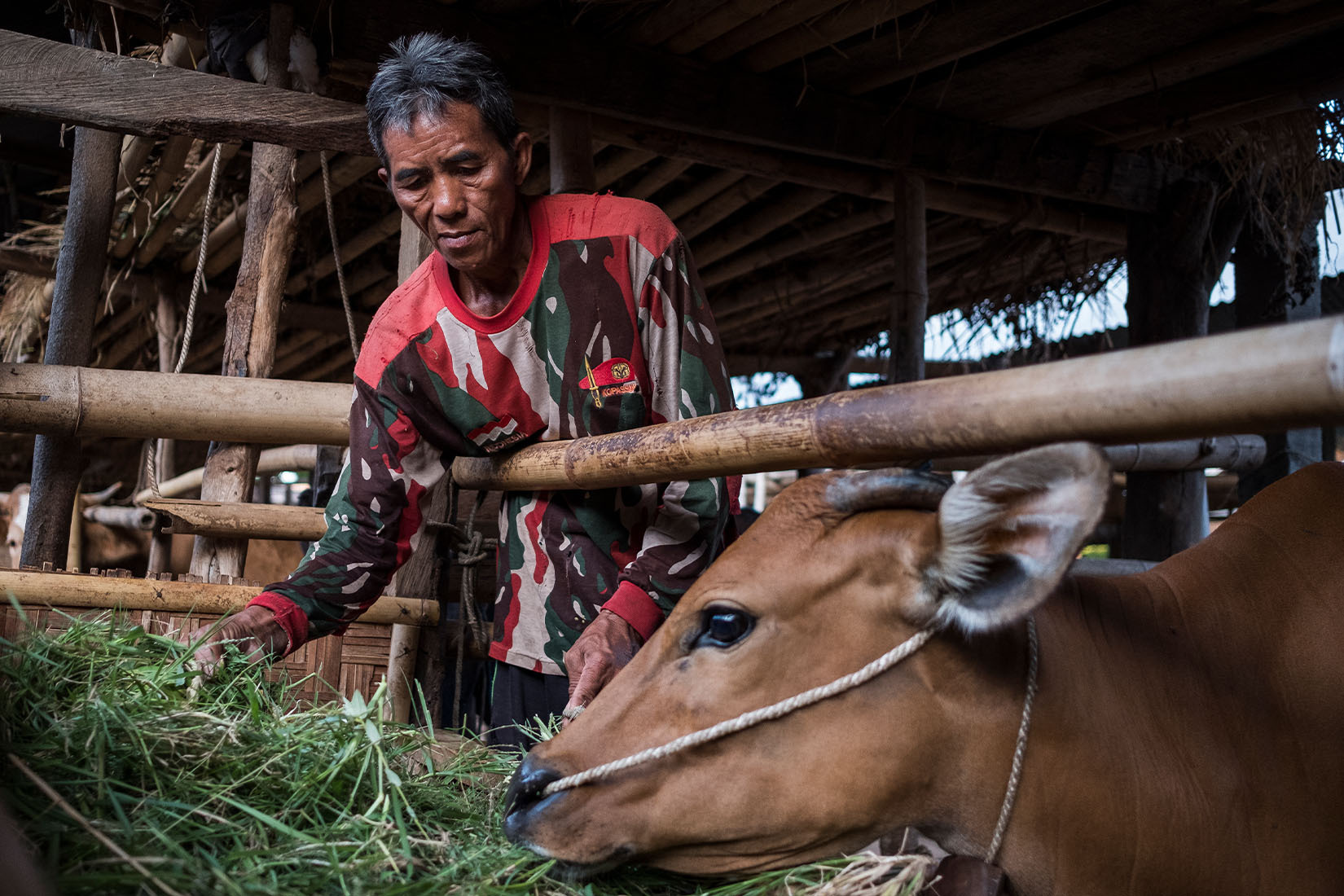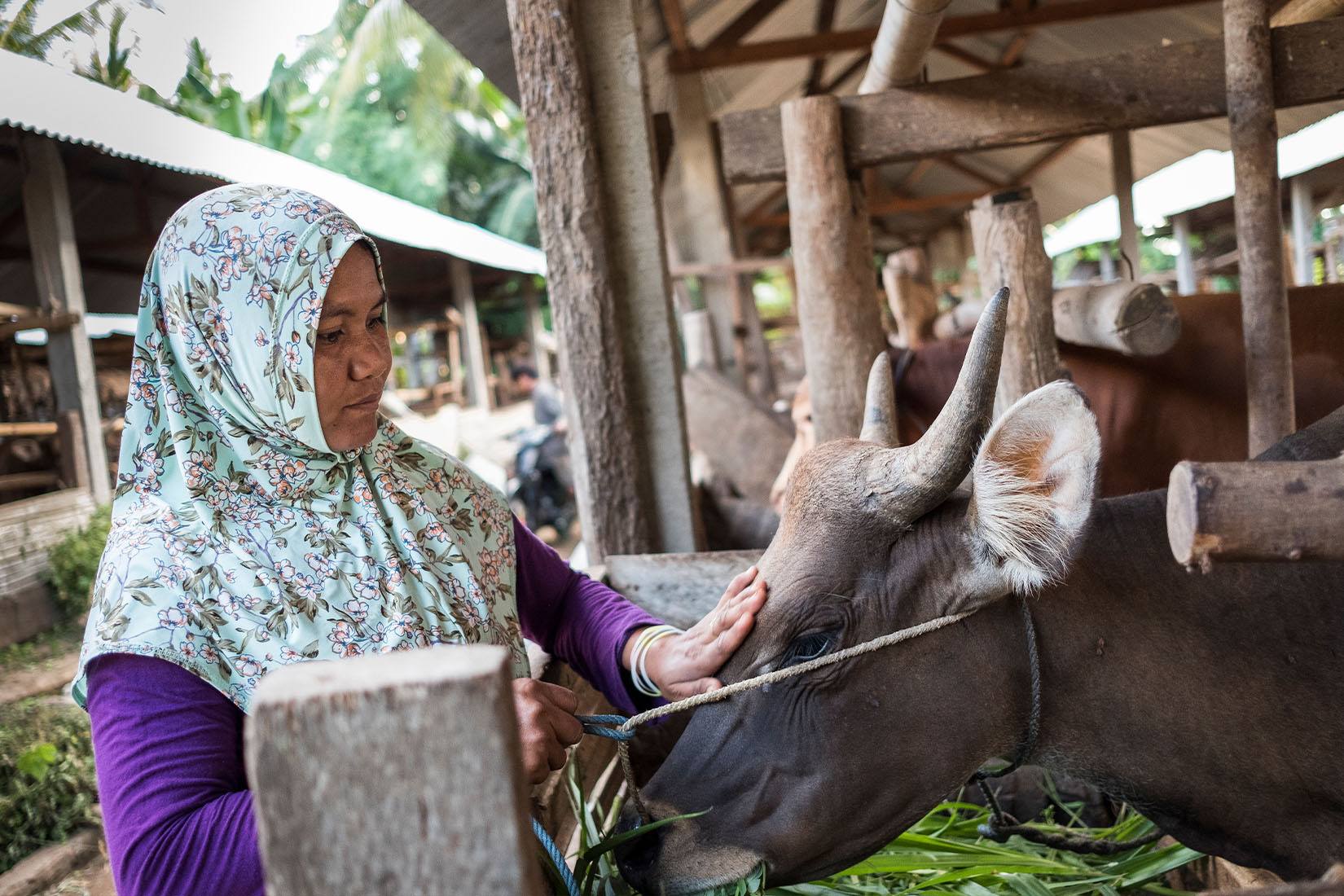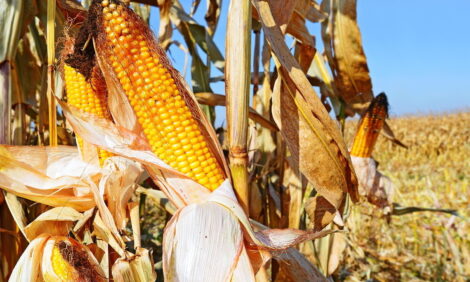



Enhancing livestock systems in South-East Asia
A new ACIAR and IDRC-funded project will explore the socio-economic drivers of diseases in livestock in the Philippines, Indonesia and Laos.A new ACIAR and IDRC-funded project will explore the socio-economic drivers of diseases in livestock in the Philippines, Indonesia and Laos.
Project leader, Dr Rico Ancog from the School of Environmental Science and Management at the University of the Philippines Los Baños, said most current approaches focus primarily on the epidemiological aspects of disease. As a result, there are information gaps in understanding socio-economic drivers within the broader agroecological system.
‘It is important to address these gaps as they represent the human and environmental dimensions of livestock production and diseases. The project seeks to better understand community perceptions of animal diseases within their agroecological contexts and the motivating factors for farmers to use different strategies for disease control in the future.’

The project employs a One Health approach to understanding the connection between animal health, livestock production economics and environmental and public health, said Dr Ancog.
‘Livestock production involves understanding the animal, human and environment interface in terms of habitat, food and water – and environmental risk. This creates a unique dynamic of disease transmission between livestock and humans within a specific environment.’
The project also aims to examine the limiting and enabling factors influencing how One Health initiatives are adopted and implemented in Southeast Asia, Dr Ancog said.
‘Using a One Health assessment may help us understand whether such integrated assessment frameworks could result in improved interventions for the livestock sector. Once done right, we see its huge potential as a great basis for more immediate and long-term planning.
‘The project will be very relevant from a methodological point of view. There is growing interest in how One Health projects are implemented. The combination of various research approaches and the data collection system and analyses will follow.’

Dr Anna Okello, ACIAR Research Program Manager for Livestock Systems, said an important part of this project is engaging stakeholders at the local, national and regional levels.
‘By assessing each case study via a common set of endemic diseases, this project can develop a large-scale spatiotemporal understanding of relevant socio-economic and environmental factors that influence decision making in livestock production and trade, which will be tailored to relevant governance and legislative actions at each level.
‘This approach will also identify the geographic and cultural fragmentations that hinder a unified One Health effort relevant to the Southeast Asian region.’
The project hopes to help stakeholders in Southeast Asia mitigate the effects and scope of transboundary animal diseases in livestock as well as zoonotic diseases. It will adopt a variety of research activities to do so.
‘Among the key outputs of this project are a series of community development activities to increase their understanding of the potential for more holistic approaches to smallholder livestock production and disease control,’ said Dr Okello.
The project is one of 4 new research initiatives supported through the ACIAR/IDRC Research Program on One Health (AIRPOH), a new program rolling out across Southeast Asia that will promote a collaborative and multi-sector approach to benefit the health of humans, animals, and the environment.


